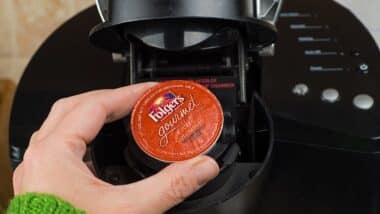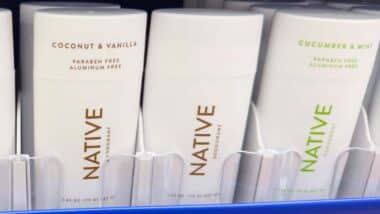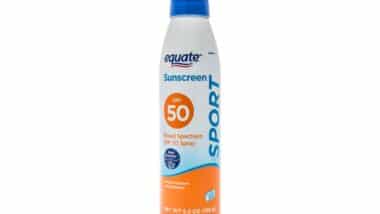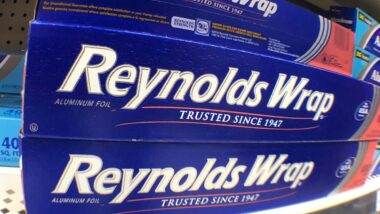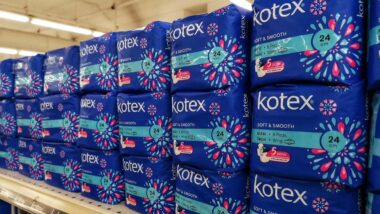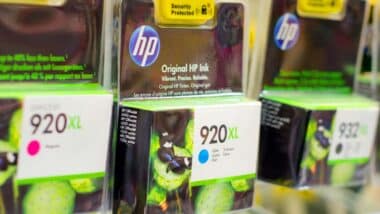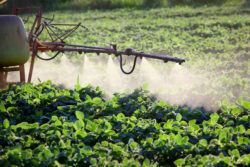 The EPA recently determined that they will not approve labeling for herbicides like Roundup that would have warned consumers about glyphosate dangers.
The EPA recently determined that they will not approve labeling for herbicides like Roundup that would have warned consumers about glyphosate dangers.
According to the EPA’s director of the registration division in its Office of Pesticide Programs, Michael Goodis, any glyphosate warnings about a link to cancer would “constitute a false and misleading statement” that is against federal law.
A representative from Bayer, the parent company of Roundup manufacturer, said that the EPA’s recent announcement “is fully consistent with the science-based conclusions reached by the agency and leading health regulators worldwide for more than four decades.”
Other Experts Disagree
Despite the EPA’s insistence that glyphosate doesn’t cause cancer, some authorities have determined that the popular herbicide raises the risk of cancer in persons exposed to it. In 2015, the World Health Organization’s International Agency for Research on Cancer (IARC) determined that glyphosate was “probably carcinogenic” based on scientific data.
As a result of this determination, California made some changes to their glyphosate labels. In 1986, California voters approved a the Safe Drinking Water and Toxic Enforcement Act, widely known as Proposition 65, that requires the state’s government to publish a list of chemicals known to cause cancer.
The state government uses the determinations of agencies such as the EPA and IARC to identify cancer-causing chemicals. When chemicals are found to be cancerous by these entities, California law requires transparent labeling on products containing the reportedly carcinogenic ingredients.
On two separate occasions, regulators based in the Golden State have reportedly determined that glyphosate didn’t pose a cancer risk when contaminating drinking water. However, the 2015 determination from the IARC triggered a new Prop 65 cancer warning.
The EPA has called out California’s glyphosate labeling, saying that the state has no reason to require these labeling changes because of its previous determination that there are no real glyphosate dangers.
“It is irresponsible to require labels on products that are inaccurate when EPA knows the product does not pose a cancer risk,” EPA Administrator Andrew Wheeler said, according to the Associated Press. “We will not allow California’s flawed program to dictate federal policy.”
Some professionals claim that the EPA is failing in its role by deciding not to enforce labeling for glyphosate dangers.
“It’s a little bit sad the EPA is the biggest cheerleader and defender of glyphosate,” Brett Hartl, government affairs director at the Center for Biological Diversity, told the Associated Press. “It’s the Environmental Protection Agency, not the pesticide protection agency.”
Despite EPA assurances that glyphosate doesn’t cause cancer, thousands of consumers have filed lawsuits against Roundup manufacturer Monsanto. These consumers claim that they developed cancer, in many cases non-Hodgkin lymphoma, after being exposed to the chemical.
In May, a Californian couple was awarded a massive jury award of around $2.1 billion. The couple claimed that they both developed non-Hodgkin’s lymphoma from using Roundup. More recently, a judge reduced the Roundup cancer award to $87 million, but the couple will still walk away with considerable compensation for their life changing illness.
An estimated 13,000 plaintiffs have worked with attorneys to file lawsuits against Monsanto. More of these cases are beginning to go to trial with favorable outcomes for consumers.
If you or a loved one developed cancer after using Roundup as a farm worker or home gardener, you may have a legal claim. Legal migrant farm workers may also seek help. Learn more by filling out the form on this page for a FREE case evaluation.
ATTORNEY ADVERTISING
Top Class Actions is a Proud Member of the American Bar Association
LEGAL INFORMATION IS NOT LEGAL ADVICE
Top Class Actions Legal Statement
©2008 – 2026 Top Class Actions® LLC
Various Trademarks held by their respective owners
This website is not intended for viewing or usage by European Union citizens.
Get Help – It’s Free
Join a Free Roundup Cancer Class Action Lawsuit Investigation
For the most up-to-date information on this case, click here.




